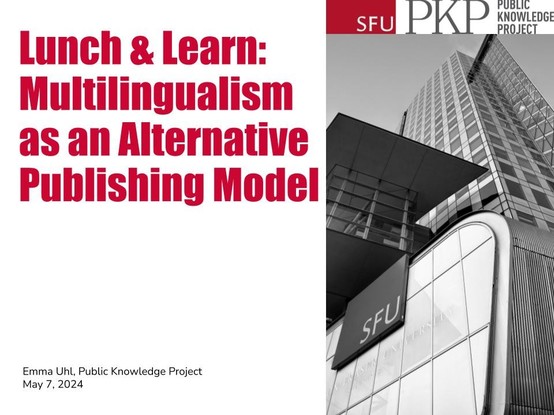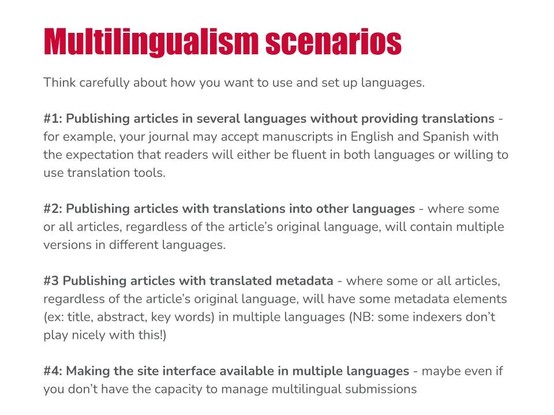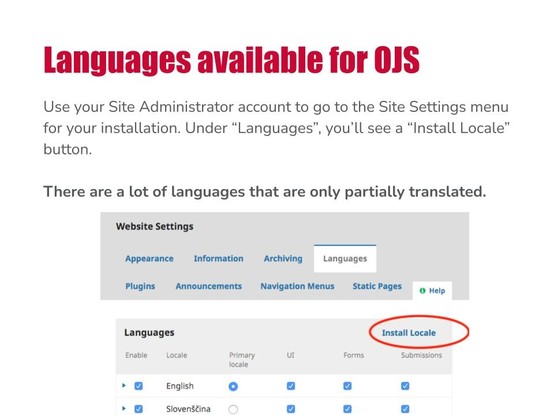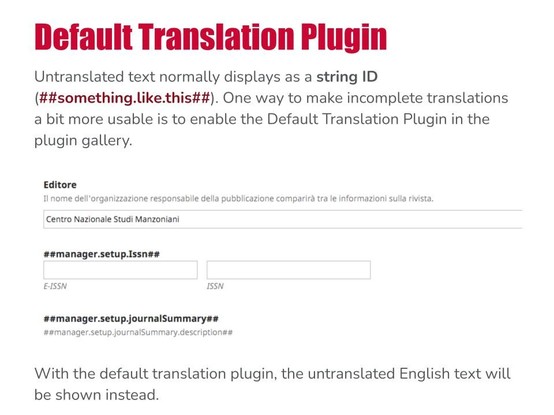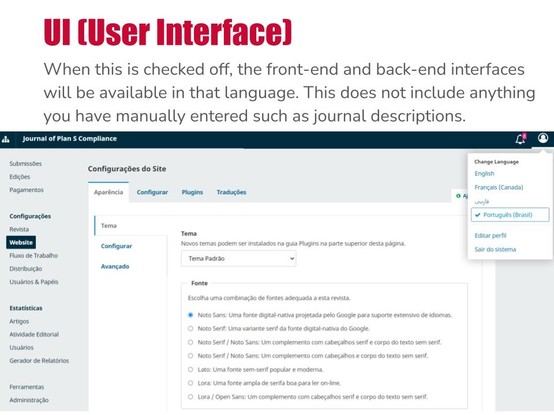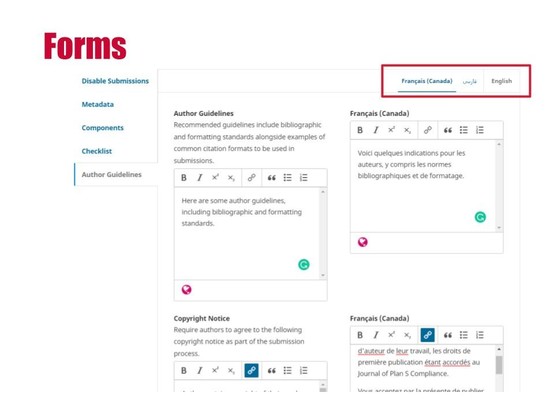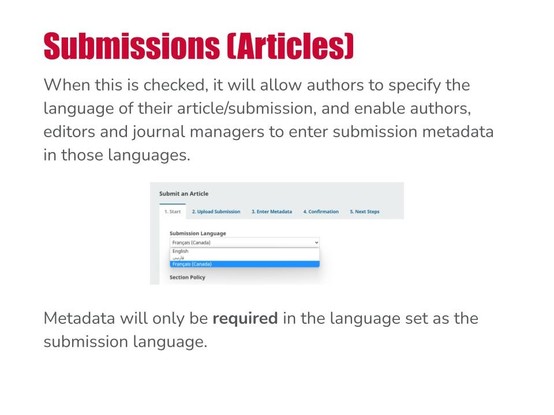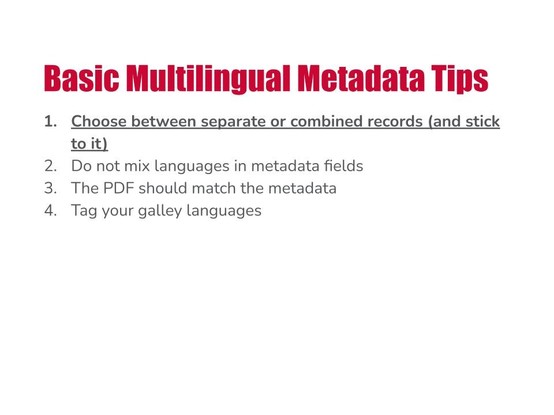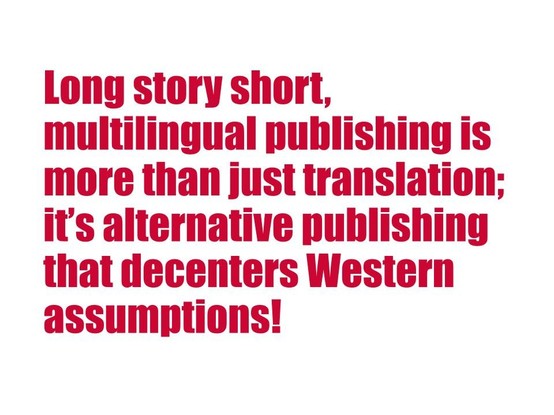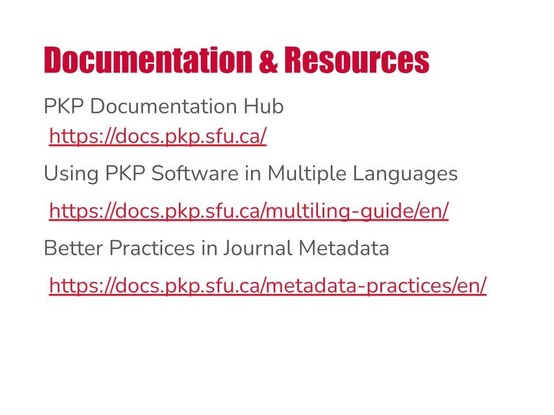Did you miss the University of Alberta Library #Editorial Lunch and Learn featuring multilingual publishing with #OpenJournalSytems?
Start with this thread!
Why #MultilingualPublishing? When English is viewed as the standard for #ScholarlyPublishing, a lot of research is missed or minimalized.
Language-inclusivity improves #metadata, #indexing & #discoverability.
Consider using #OJS settings as part of an alternative publishing model 🧵 ⤵️
